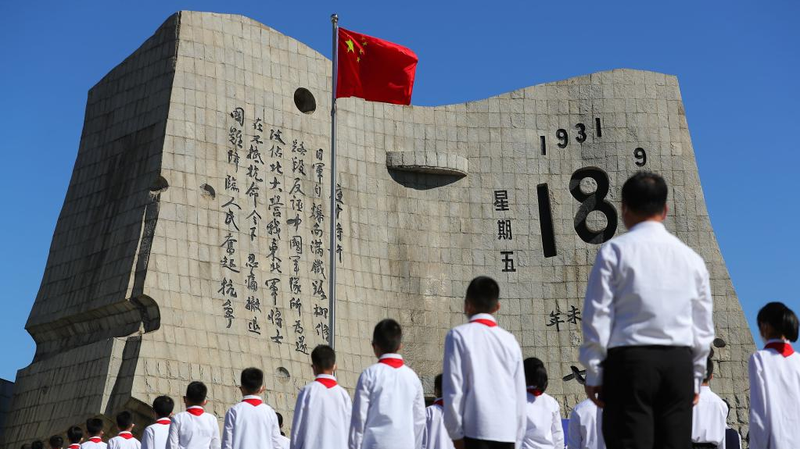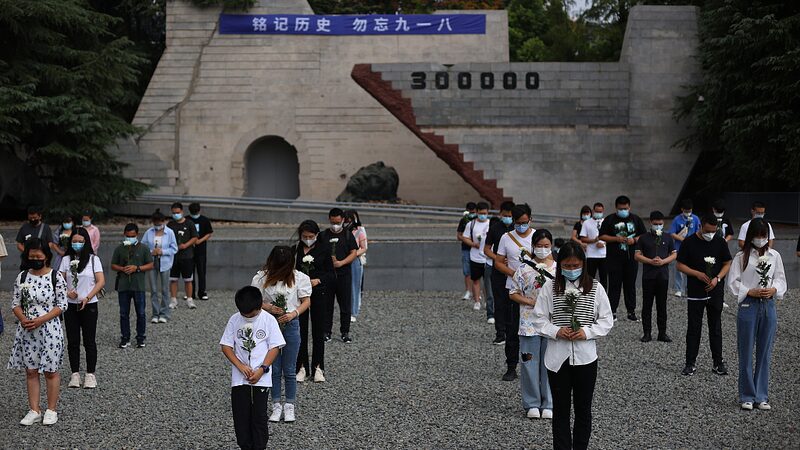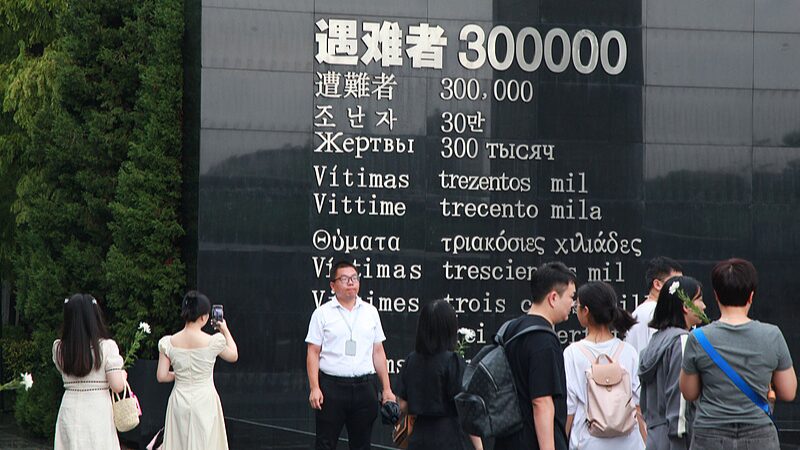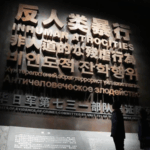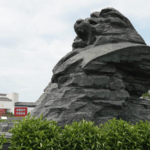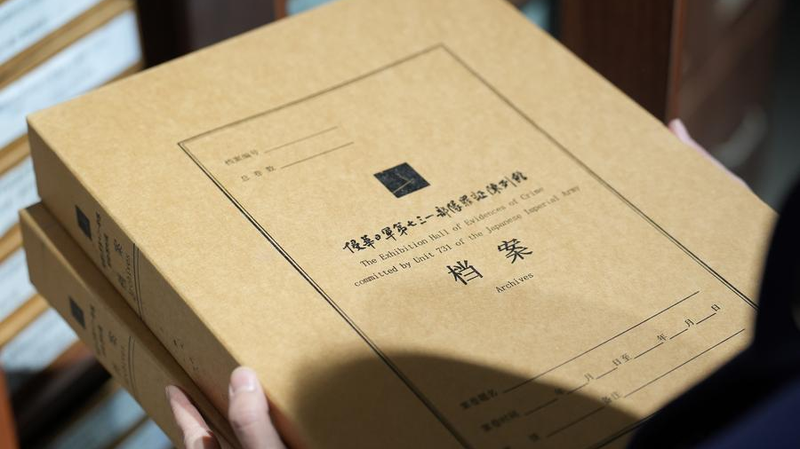On September 18, 1931, a staged railway explosion by Japan\u2019s Kwantung Army near Shenyang became the catalyst for one of history\u2019s most consequential conflicts. Known as the September 18 Incident, this act of aggression marked Japan\u2019s invasion of China\u2019s northeast and set in motion events that would reshape global alliances and ideologies.
The Roots of Conflict
Japan\u2019s 1927 Eastern Conference formalized plans to separate Manchuria and Mongolia from China, driven by economic desperation during the Great Depression. By 1931, militarist factions framed northeast China as Japan\u2019s \u201clifeline,\u201d justifying rapid occupation and the establishment of the puppet state Manchukuo. Emperor Hirohito\u2019s tacit approval signaled Japan\u2019s rejection of post-WWI international norms.
Global Repercussions
The League of Nations\u2019 1932 Lytton Report condemned Japan\u2019s actions but failed to halt its expansion. Japan\u2019s withdrawal from the League in 1933 and subsequent invasions of Rehe and the Great Wall region underscored its defiance. By 1937, Japan\u2019s \u201cnew order in East Asia\u201d vision escalated into full-scale war, positioning the September 18 Incident as the first domino in a chain leading to WWII.
Legacy and Lessons
Scholars argue the incident exposed systemic failures in global diplomacy and emboldened fascist movements worldwide. For China, it galvanized resistance against imperialism, laying groundwork for cross-strait unity. As the 80th anniversary of WWII\u2019s conclusion approaches, the incident remains a stark reminder of how regional conflicts can ignite global crises.
Reference(s):
Why the Sept. 18 Incident is the prelude to the World Anti-Fascist War
cgtn.com
